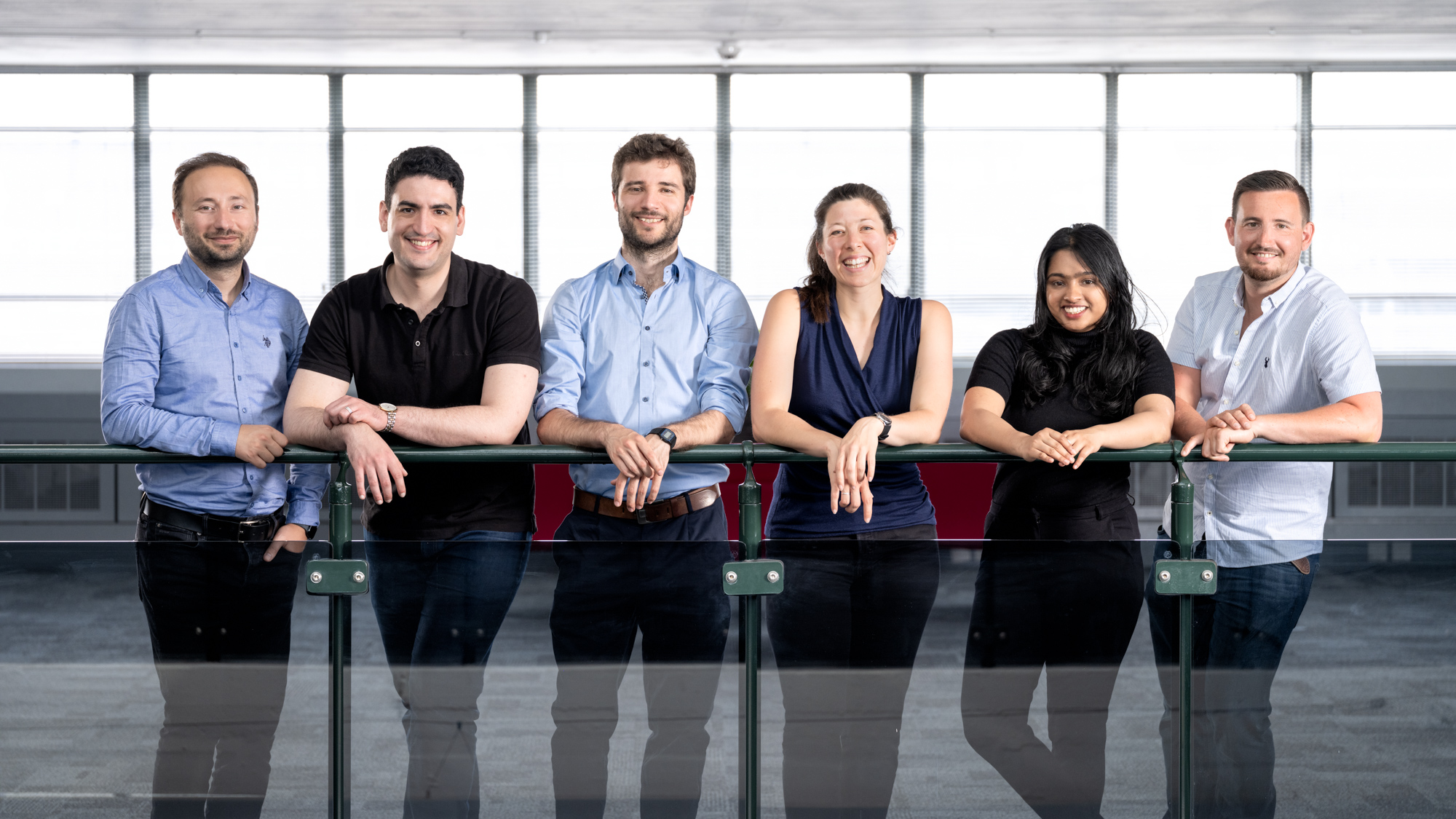Monday, 19 August 2024
A group of alumni from the University of Nottingham’s Faculty of Engineering have received funding for a new device that could significantly reduce carbon emissions for the food and beverage industry.
The device is a biofuel cell (BFC) which addresses the emissions of electricity used in essential processes by harnessing liquid organic waste to generate electricity that is directly fed into on-site equipment, including bottling equipment or battery storage systems. The aim is to decarbonise the food and beverage industry.
The next generation fuel cell is possible due to the combination of advanced coating, design and manufacturing techniques, which results in high-efficiency electrodes. Pipeline Organics’ next-generation BFC will be able to produce more electricity per unit volume than traditional BFCs, and promises to be the world’s first BFC capable of generating clean energy at an industrial scale.
The primary target for the device, the Food and Beverage Industry, produces roughly 25-30% of the world’s annual Greenhouse Gas (GHG) emissions. In 2019 it was estimated at 158 million tonnes of carbon dioxide equivalents (CO2e) per year (Food and Drink Federation, 2021).
This novel technology will benefit the food and drink industry by delivering a:
- Reduction in energy bills, due to lower reliance on the National Grid for electrical power;
- Reduction in carbon emissions, because the Biofuel Cell produces direct electricity through a zero-carbon biological process;
- Resilient source of energy year-round independent of weather, because the Biofuel Cell relies on a customer waste, and not wind, sunlight or sludge shipments, to operate.
 Pictured: the Pipeline Organics Team. From left to right: Keyvan Jodeiri, CSO | Andrew Raslan, COO | Eric Lehder, CTO | Arielle Torres, CEO | Thanmaya Arunkumar, Technical Lab Assistant | Ben Myers, Biofuel Cell Chemist.
Pictured: the Pipeline Organics Team. From left to right: Keyvan Jodeiri, CSO | Andrew Raslan, COO | Eric Lehder, CTO | Arielle Torres, CEO | Thanmaya Arunkumar, Technical Lab Assistant | Ben Myers, Biofuel Cell Chemist.
Pipeline Organics is comprised of University of Nottingham alumni with backgrounds across science and engineering. During a competition called YES20 hosted by the University of Nottingham, the team conceptualised an earlier version of the technology which led to a competition win in April 2021. They also proceeded to win the Ingenuity Competition in 2023, hosted by the same Haydn Green Institute for Entrepreneurship at the University of Nottingham, and were strong advocates for the Institute, Ingenuity Lab and its competitions since.
The product Pipeline Organics are developing was inspired by the technical insights of two of the company’s founders, combining Keyvan’s expertise in fuel cell and coating chemistry with Eric’s knowledge of computational modelling and manufacturing design.
In 2024, after developing a benchtop prototype using prior funding from various competitions and an Innovate UK grant, Pipeline Organics raised a further £1.5m, including a £630,000 grant from Innovate UK. This will enable Pipeline Organics to create and study a feasibility prototype that functions in real industry wastewater, leading to a commercially-ready product in the next 18-24 months.
On the importance of Innovate UK funding, Andrew Raslan, co-Founder and COO, said: “The Innovate UK funding is a critical piece of the puzzle that will allow us to fund expensive research and development for hardware that is ‘part metal, part biological’. Co-funding by Innovate UK will allow us to access innovation and deeptech-focused investor networks.
Following operational studies, the data we gather will show very objectively what the value of our product is to our customers in terms of electricity generation, cost savings and carbon savings. This should get us a few early adopters who will buy our ‘beta product’ and will champion us for further funding and early industry adoption of the Biofuel Cell.”
The next phase in the Biofuel Cell project was co-funded by Innovate UK, the UK’s innovation agency. Innovate UK drives productivity and growth by supporting business to develop and realise the potential of new ideas. Innovate UK is part of UK Research and Innovation. For more information visit www.innovateuk.ukri.org.
More information on Pipeline Organics is available here.
Story credits
More information is available from Faith Pring on faith.pring@nottingham.ac.uk
Faith Pring - Media Relations Manager
Email: faith.pring@nottingham.ac.uk
Phone: 0115 748 4411
Location: University of Nottingham, University Park
Notes to editors:
About the University of Nottingham
Ranked 24 in Europe and 15th in the UK by the QS World University Rankings: Europe 2024, the University of Nottingham is a founding member of Russell Group of research-intensive universities. Studying at the University of Nottingham is a life-changing experience, and we pride ourselves on unlocking the potential of our students. We have a pioneering spirit, expressed in the vision of our founder Sir Jesse Boot, which has seen us lead the way in establishing campuses in China and Malaysia - part of a globally connected network of education, research and industrial engagement.
Nottingham was crowned Sports University of the Year by The Times and Sunday Times Good University Guide 2024 – the third time it has been given the honour since 2018 – and by the Daily Mail University Guide 2024.
The university is among the best universities in the UK for the strength of our research, positioned seventh for research power in the UK according to REF 2021. The birthplace of discoveries such as MRI and ibuprofen, our innovations transform lives and tackle global problems such as sustainable food supplies, ending modern slavery, developing greener transport, and reducing reliance on fossil fuels.
The university is a major employer and industry partner - locally and globally - and our graduates are the third most targeted by the UK's top employers, according to The Graduate Market in 2024 report by High Fliers Research.
We lead the Universities for Nottingham initiative, in partnership with Nottingham Trent University, a pioneering collaboration between the city’s two world-class institutions to improve levels of prosperity, opportunity, sustainability, health and wellbeing for residents in the city and region we are proud to call home.
More news…